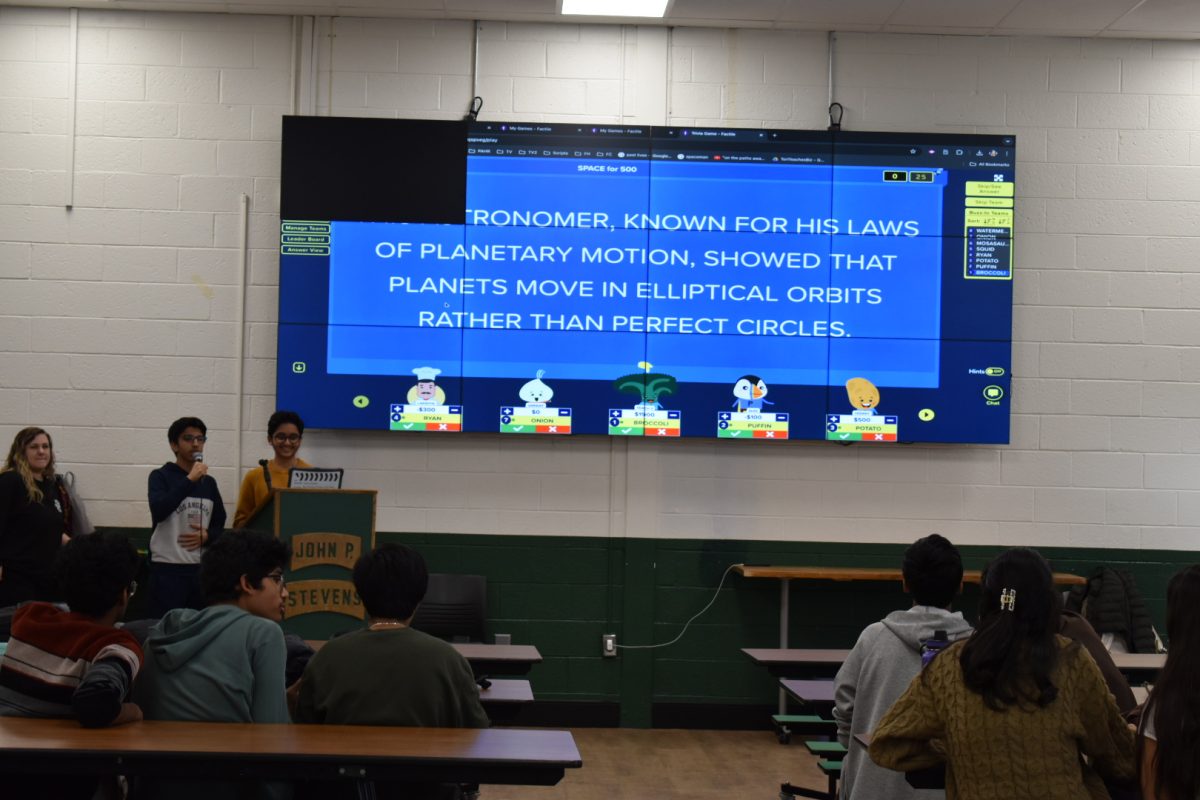
There it lay. It came into my peripheral vision for a mere millisecond, but I saw it as clear as I always do in unwanted circumstances. Tire tracks were mud printed onto otherwise white feathers. Now, I’m no ornithologist, but even I know a beak isn’t supposed to look like a dismantled pistachio shell. Red flesh was smeared all over the concrete road as if a gruesome murder had taken place, but this was no daylight homicide; it was a mere accident caused by just another careless animal. No such thing would have happened if that was a human—at least not in broad daylight. Considering that the reaction to these two cases tend to be polar opposites, brings to light the skewed perceptions humans tend to uphold, labeling them as values or societal truths. Life, something so precious, is thrown away by something so ludicrous.
This weekend, a new puppy arrived at the animal shelter. Everyone had been talking about the small creature, the sweet words dripping out of their mouths like honey, dripping around the necks of the other dogs, strangling any chance they had of a better life. “I bet the whole shelter would be empty by today if all the dogs in here looked like that,” Anne said, grinning at the puppy. Yeah, I bet it would Anne. According to Psychology Today, lookism is the “tendency in which attractive people are more likely to be perceived as intelligent and competent than unattractive individuals.” This applies to animals as well. When an animal is “cute,” it garners more attention from the audience because they indirectly believe it to be more obedient. This trait is also associated with infants who are more prone to be seen as vulnerable, evoking a motherly sensation from the general crowd.
So, I came back to get another dog to take outside and guess who was sitting on a small pillow around adopters—the puppy. On the other hand, the terrier pitbull mix I was currently taking outside had been in for months. Adoption may be seen as something coming from a place of generosity. The truth is you’re opting to save one animal over another, but at least you’re saving someone. Alas, you can’t have it all, yet what I find more ironic is how humans have such a thing as an animal shelter in the first place. In the midst of destroying their habitats, eating them, and using them in lab experiments, humans suddenly decide to save them. All because they want to convince themselves of having an ethical mindset.
There are many such scenarios in which animals are put over humans. From a philosophical standpoint, the importance of life lies in what an organism makes of each moment. From an ethical standpoint, we’re all equal. From a logical standpoint, those who waste resources and contribute minimally to the world should be deemed “the lessers.” Simply said, there is no real solution for whose life is more important because no organism can come to a middle ground on that. Currently, however, we can all agree humans have the most power among all species on this Earth—at least in terms of population. The current human population is approximately eight billion while the next leading population are cows at around one billion. While a myriad of choices can be made to limit humans’ misuse of power, “The Adopt, Don’t Shop” campaign was initiated to bring public awareness to the plight of homeless animals and to encourage prospective pet owners to adopt from animal shelters and rescue groups as opposed to buying pets from online retailers or pet shops.” In addition, perhaps, humans could also cut down on their meat intake and limit deforestation while they’re at it.
At 7 a.m., water rapidly runs down the drain as she brushes her teeth and washes her face. It’s 7:20 a.m. now and she stands under the shower paying no heed to what will become of her water bill. 7:50 a.m., she gets in her car, driving ten miles to work. At 1:27 p.m. she goes for a smoke. Glowing embers fall to the ground. Fumes going up into the air until the wind washes them away, drowning out her thoughts.
According to Medical News Today, “The air pollution emitted by cigarettes is 10 times greater than diesel car exhaust.” Animals may not brush their teeth, drive a car, or smoke, so individually, they might not have as big of an impact as an average human, but NCBI states, “livestock emit almost 64% of total ammonia emissions, contributing significantly to acid rain and to acidification of ecosystems,” so they might cause some damage. However, they also regulate the ecosystems in nature. That is how humans get their food. All contributions may vary in size and impact, but they all work together to maintain the health of the planet overall.
Today, even if the changes made by humans impact the world more than those made by animals, at the end of the day, both are the lives of an organism. Tomorrow, or perhaps 20 years later, we might be the inferior species. The robots may come or maybe the aliens will. We could be what they cook at their barbecue or the next subjects for their cruel lab experiments, but for now, we have the power, as the sole superior species. Power is a dangerous novelty we choose not to acknowledge. Instead, we warp the word ‘ethical’ to fit our needs and desires. We praise ourselves for having animal shelters while viewing bacon as a necessity. We’re human. We can never be the best versions of ourselves; it isn’t how we’re programmed, but we can try. I haven’t given you this discourse to guilt you into veganism, but to make you think about what you choose to ignore. It’s up to you what will become of the next generation of pigs–pepperoni, your average pig, or the next Napoleon from Animal Farm.






































